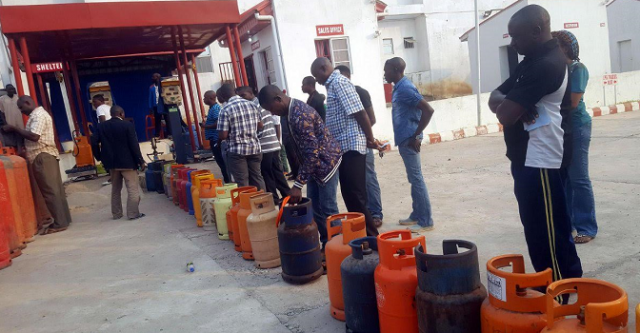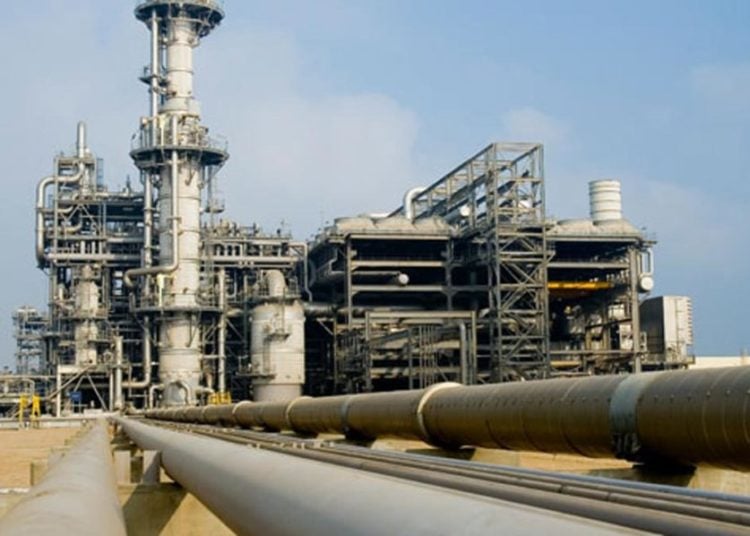
In a bold step toward aligning Nigeria’s engineering education with global standards, the Council for the Regulation of Engineering in Nigeria (COREN) in collaboration with the National Board for Technical Education (NBTE) convened a one-day Workshop on Sydney and Dublin Accord Application by Nigeria on Sunday, 19th October 2025, in Abuja.
The Head, Corporate Advancement and Public Relations Department, COREN, Haruna Ojonugwa who confirmed the development to our correspondent in Abuja, on Monday, said the workshop was designed to expose participants to the requirements, procedures, and timelines for Nigeria’s application to the Sydney and Dublin Accords, both of which are key international frameworks under the International Engineering Alliance (IEA). These accords promote global recognition of engineering technologist and technician qualifications, ensuring quality assurance and facilitating the mobility of professionals across borders.
In his welcome address, the President of COREN, Engr. Prof. Sadiq Zubair Abubakar, FNSE, called on all stakeholders to work collectively to ensure Nigeria’s full membership of the accords, noting that it would enhance the credibility of the nation’s engineering qualifications and expand opportunities for Nigerian professionals globally.
“The opportunity has come for us to be formalised to ensure that we have global recognition by joining these accords. It is a national assignment, and all hands must be on deck to ensure it succeeds so that Nigeria can export its abundant human capital through certified engineering practitioners, he said.”
Delivering the opening remarks, the Executive Secretary of NBTE, Prof. Idris M. Bugaje, emphasised the importance of international accreditation for Nigeria’s technical and vocational education sector.
“The meeting today is very important for Nigeria,” he said. “It’s not enough to have national accreditation by the NUC and NBTE. More important is that there should be an international benchmark, and that is what the three accords are all about.”
Prof. Bugaje noted that while Nigeria is already nearing full membership of the Washington Accord for university-level engineering degrees, the focus now is on achieving similar recognition for the Sydney Accord (HND level) and the Dublin Accord (OND level), ensuring the entire engineering education spectrum meets international standards.
The workshop featured three technical sessions led by Prof. Megat Johari Megat Mohd Noor of the Board of Engineers Malaysia (BEM), a seasoned trainer and international assessor who is also Chair of the Dublin Accord, President of the Malaysian Society of Engineering and Technology (MySET), and Vice President of the Federation of Engineering Institutions of Islamic Countries (FEIIC). His sessions covered:
* Requirements to Join the Sydney and Dublin Accords.
* Application Procedure and Process.
* Roadmap Including Components of Implementation, Milestones, and Timelines.
Additionally, the Chairman of the Engineering Accreditation Committee (EAC), Prof. Christian Bolu, made a presentation on Strategies for Advocacy and Sensitization, outlining how strategic communication and partnership could support Nigeria’s successful application.
Facilitators at the workshop were Engr. Prof. Baba El-Yakub and Engr. A. D. K. Muhammad, both of whom guided the interactive and discussion sessions.
Participants included the leadership of COREN and NBTE, nominees from both organisations, selected Rectors of Polytechnics, and members of the Engineering Accreditation Committee (EAC) — all representing critical segments of Nigeria’s engineering education ecosystem.
The workshop concluded with a strong commitment from stakeholders to sustain collaboration between COREN and NBTE, and to accelerate the processes required for Nigeria’s admission into the Sydney and Dublin Accords.
SOURCE: IN HOUSE




